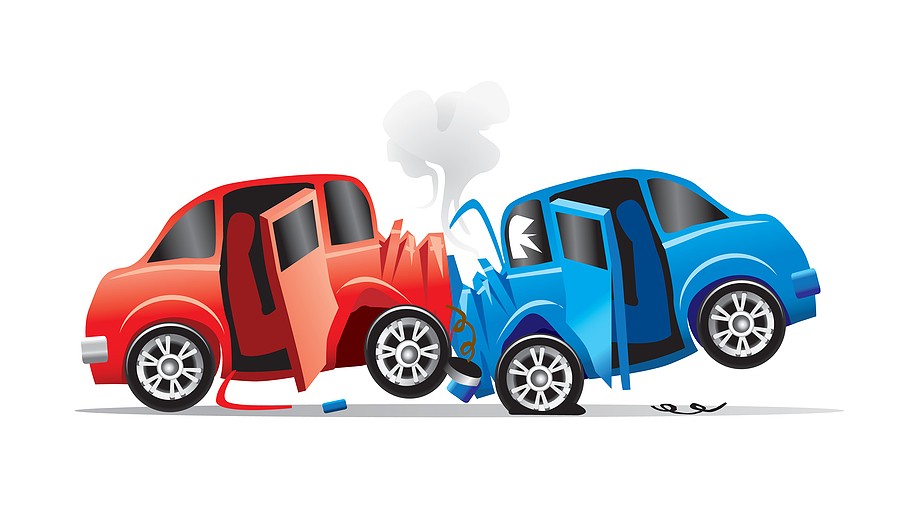
All About Traffic Laws in India
All About Traffic Laws in India
Introduction:
Traffic laws in India are essential regulations established by the government to manage road traffic effectively and ensure the safety of all road users. With the increasing volume of vehicles on Indian roads, the enforcement of traffic laws has become paramount to prevent accidents, injuries, and fatalities. These laws cover a wide range of aspects, including driving behavior, vehicle standards, road signage, and penalties for violations. Understanding and adhering to traffic laws not only promote safer roads but also contribute to smoother traffic flow and efficient transportation systems. In this discussion, we will explore the significance of traffic laws in India, common violations, penalties, measures to improve road safety, and individual responsibilities in ensuring compliance with these regulations.
Certainly! Below are the answers to common questions related to traffic laws in India:
1. What are Traffic Laws in India?
Traffic laws in India refer to the set of rules and regulations established by the government to regulate road traffic and ensure safety on the roads. These laws encompass a wide range of provisions related to driving behavior, vehicle registration and licensing, road signage, speed limits, and penalties for traffic violations.
2. What are Some Common Traffic Violations in India?
Common traffic violations in India include overspeeding, driving under the influence of alcohol or drugs, not wearing seat belts or helmets, using mobile phones while driving, disobeying traffic signals and signs, overtaking improperly, overloading vehicles, and driving without a valid license or registration.
3. What Are the Penalties for Traffic Violations in India?
Penalties for traffic violations in India vary depending on the nature and severity of the offense. They may include fines, license suspension or revocation, vehicle impoundment, imprisonment for repeat offenders or serious offenses, and community service. The government periodically revises and updates the fines and penalties to deter traffic violations and promote road safety.
4. What Are Some Measures to Improve Road Safety in India?
Measures to improve road safety in India include stricter enforcement of traffic laws, public awareness campaigns, infrastructure development such as better road design and maintenance, installation of traffic signals and signage, implementation of speed limits and traffic calming measures, promotion of pedestrian safety, and initiatives to encourage the use of safety equipment such as seat belts and helmets.
5. How Can Drivers and Pedestrians Stay Safe on Indian Roads?
Drivers and pedestrians can stay safe on Indian roads by following traffic rules and regulations, respecting speed limits and traffic signals, avoiding distractions such as mobile phones while driving or walking, using safety equipment such as seat belts and helmets, being alert and attentive to their surroundings, and practicing defensive driving and pedestrian habits.
6. What Are Some Initiatives Taken by the Government to Improve Road Safety?
The government has undertaken various initiatives to improve road safety in India, including the implementation of the Motor Vehicles (Amendment) Act, 2019, which introduced stricter penalties for traffic violations, establishment of road safety authorities and committees, launching of public awareness campaigns such as the National Road Safety Month, and investment in infrastructure projects aimed at enhancing road safety.
7. How Can Individuals Contribute to Road Safety?
Individuals can contribute to road safety by being responsible and law-abiding road users, respecting traffic rules and regulations, avoiding reckless driving behaviors, advocating for road safety in their communities, participating in road safety awareness programs and campaigns, and reporting traffic violations to the authorities when observed.
In summary, traffic laws play a crucial role in regulating road traffic and ensuring safety on Indian roads. By adhering to these laws, staying informed about traffic regulations, and adopting safe driving and pedestrian habits, individuals can contribute to making Indian roads safer for everyone.
Conclusion:
In conclusion, traffic laws in India serve as the foundation for maintaining order and safety on the roads. By enforcing these laws, authorities can mitigate risks associated with reckless driving behaviors and promote responsible road usage. However, effective enforcement requires a collaborative effort between the government, law enforcement agencies, road users, and the community at large. Through public awareness campaigns, infrastructure improvements, and strict penalties for violations, we can work towards creating safer roads for everyone. It is imperative for individuals to prioritize road safety, respect traffic laws, and uphold their responsibilities as responsible road users. Together, we can build a culture of compliance and accountability, ultimately leading to safer and more efficient transportation systems across the nation.
Disclaimer: This information is intended for general guidance only and does not constitute legal advice. Please consult with a qualified lawyer for personalized advice specific to your situation.
Adcocate J.S. Rohilla (Civil & Criminal Lawyer in Indore)
Contact: 88271 22304
